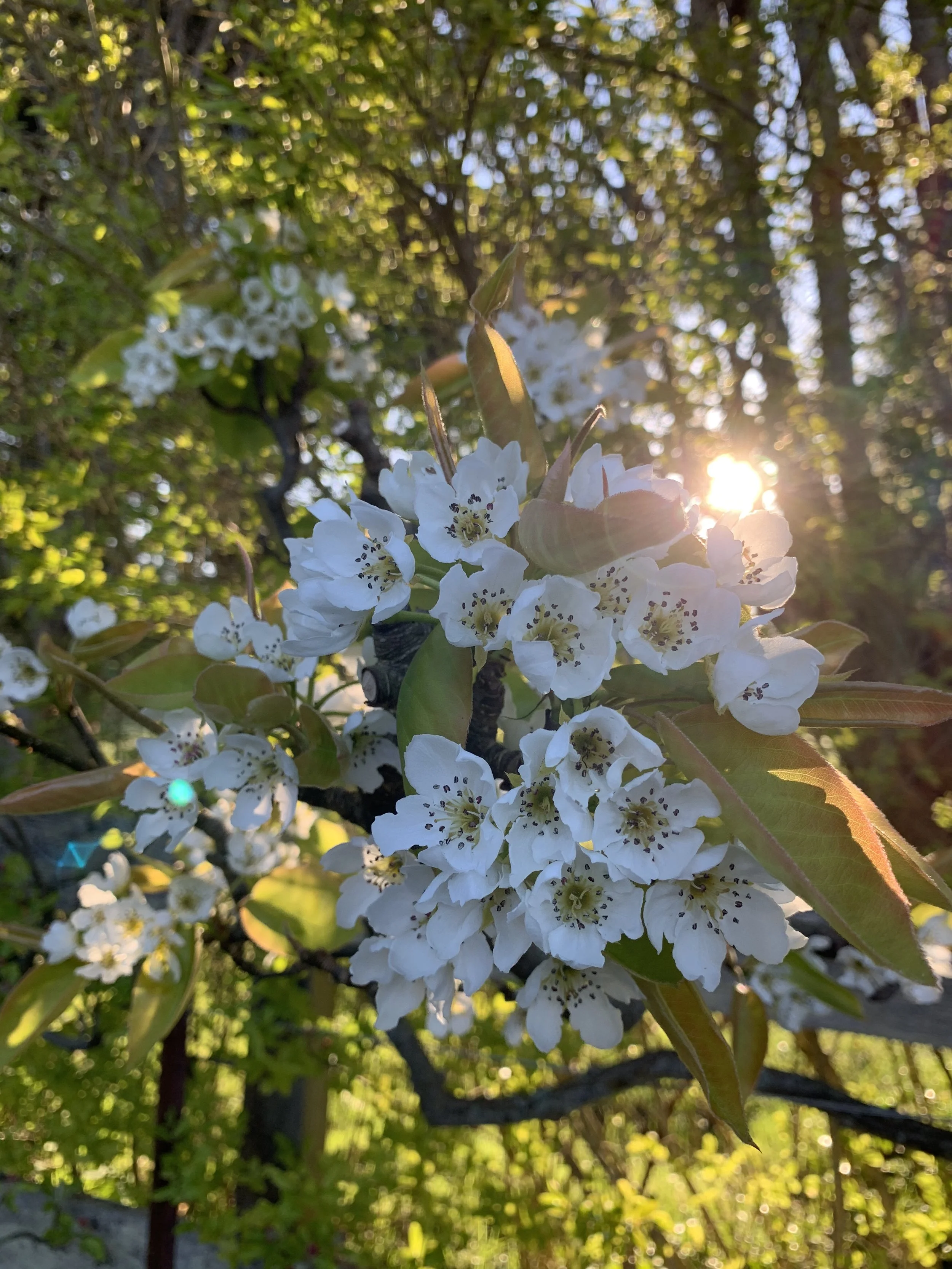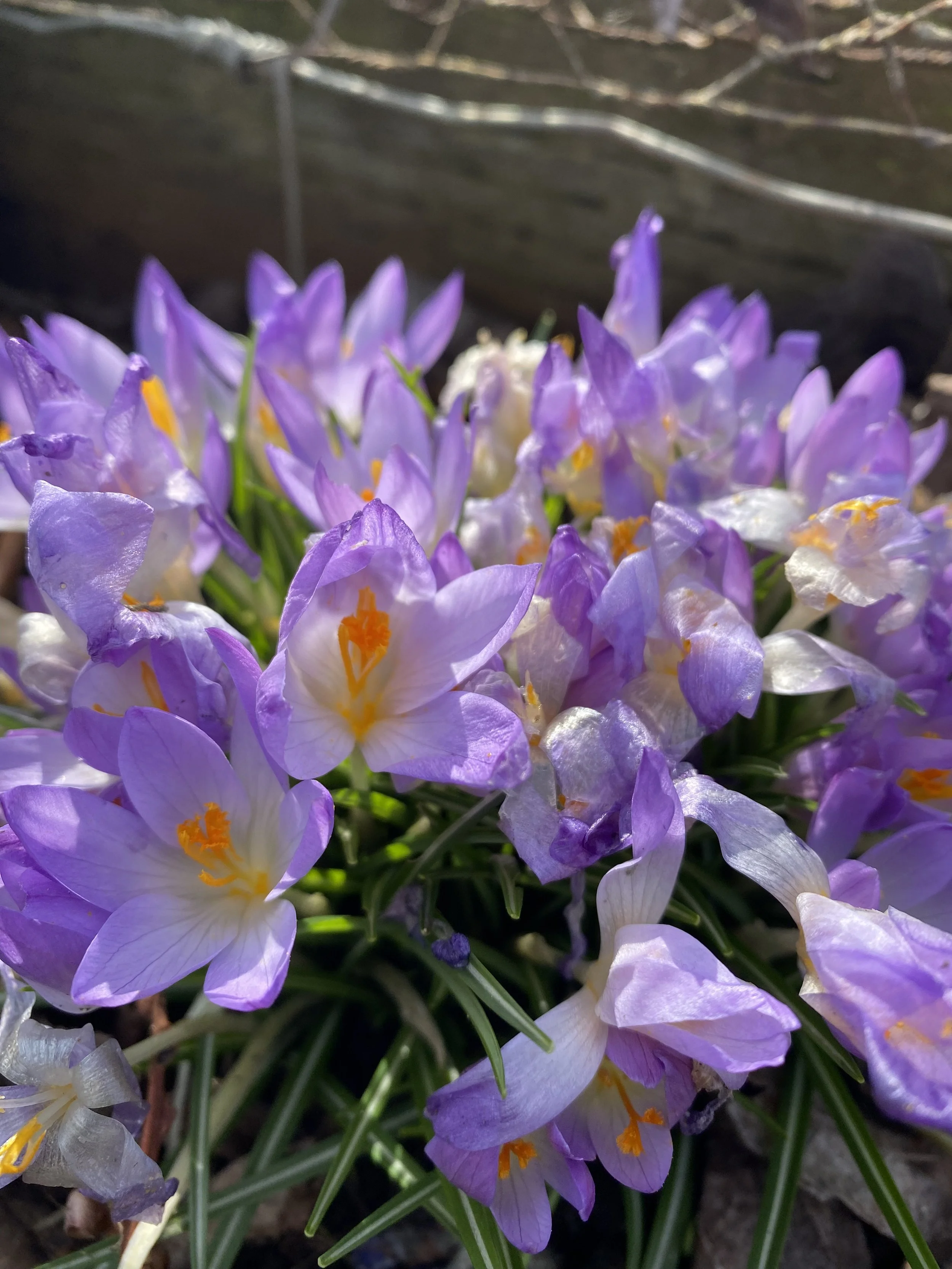From the Farmhouse Table: March 2023
"Transform silence into language and action"
I was an early, gluttonous reader. But I remember precisely the moment I first saw myself reflected back in a work of literature.
My family had recently moved to Paris, to a street in the 16th arrondissement named after a poet who was sent to the guillotine during the French Revolution. I was in our flat, on the fourth floor, sitting on the lid of the toilet. My family would say I was hiding to avoid doing the dishes, but in my defense, I was 11, wrestling with what it meant to be a Black girl obsessed by white standards of beauty. So was the character in the book I was about to finish.
In my hands was my mother’s copy of The Bluest Eye. I have it still. On the penultimate page, I drew a single line alongside 64 words that drove home to me the certainty that good literature speaks directly to our hearts and souls, that literature could be about people who looked like my family, and when I closed the back cover where a thumbnail snapshot of Toni Morrison gazed out, channeling at once Aretha Franklin, Minnie Riperton, my cousin Vicki and my sister Denise, it hit me that literature could also be written by people who looked like me:
“Love is never any better than the lover. Wicked people love wickedly, violent people love violently, weak people love weakly, stupid people love stupidly, but the love of a free man is never safe. There is no gift for the beloved. The lover alone possesses his gift of love. The loved one is shorn, neutralized, frozen in the glare of the lover's inward eye.”
My first novella was about the beloved. Morrison’s voice gave me permission to raise my own.
“I have come to believe over and over again that what is most important to me must be spoken, made verbal and shared, even at the risk of having it bruised or misunderstood,” Audre Lorde -- activist, Black woman, lesbian, warrior poet -- wrote about the need to transform silence into language and action. “And where the words of women are crying to be heard, we must each of us recognize our responsibility to seek those words out, to read them and share them and examine them in their pertinence to our lives.”
The “words of women crying to be heard” sent me to a stack of old New Yorkers. I had read, recently, about Enheduanna, a princess and priestess in the Sumerian city-state of Ur from in 2286 BC. Enheduanna, who appears to be the earliest-named author in world literature, was the recent subject of an exhibit at Morgan Library & Museum in New York, “She Who Wrote: Enheduanna and Women of Mesopotamia,” which ended last month.
Biblical home of Abraham, the city of Ur in modern Iraq was excavated in the 19th and 20th centuries. Scholars long overlooked Enheduanna’s importance. The key British archeologist omitted her name from his seminal work on Ur, published in 1929, the same year one of his countrywoman published an essay titled, “A Room of One’s Own.”
Virginia Woolf’s essay asserts that a woman must have a room of her own and financial resources if she is to write. Enheduanna had that and more. Zainab Bahrani, a professor of Ancient Near Eastern Art and Archaeology at Columbia University, told the New Yorker it wasn’t surprising that she was able to make it work.
“If you think about it, it makes perfect sense that an elite woman would be the first poet. She had a comfortable life, space to read and think, a place to write. She didn’t have to work in the fields or fight wars. Why wouldn’t she have been able to write?”
More than 4,200 years later, Hedgebrook was born, just eight years after the first observance of Women’s History Month in 1980. When I tell people about Hedgebrook, they assume our budget is far bigger than it actually is. That’s a reflection of the meaningful work that happens in the cottages on the farm, and the huge need for women to have space and grace and time to write.
Women published just 18 percent of books in the 1960s. Now, they publish more than half. And a recent report by the University of Minnesota found that female-authored books sold more copies on average than those written by men. May they land in the hands of children who will be seen and changed by them.
I can’t wait to head over to Seattle this week for the Association for Writers and Writing Programs, where writers, teachers, students, editors and publishers come together for four days of essential literary conversation and celebration. Maybe I’ll see you there.
Please join me on Sunday, March 19 at Equivox, Hedgebrook’s annual brunch fundraiser. For the first time in three years, we’ll be back in person. But don’t worry if you can’t join us at Sodo in Seattle; Equivox 2023 will be a hybrid affair, with an online experience to match the one in the room.
Virtual and IRL, we’ll be celebrating what Audre Lorde -- activist, Black woman, lesbian, warrior poet -- dubbed the need to “transform silence into language and action.”
“And where the words of women are crying to be heard, we must each of us recognize our responsibility to seek those words out, to read them and share them and examine them in their pertinence to our lives.”
-Kimberly A.C. Wilson, Executive Director, Hedgebrook


